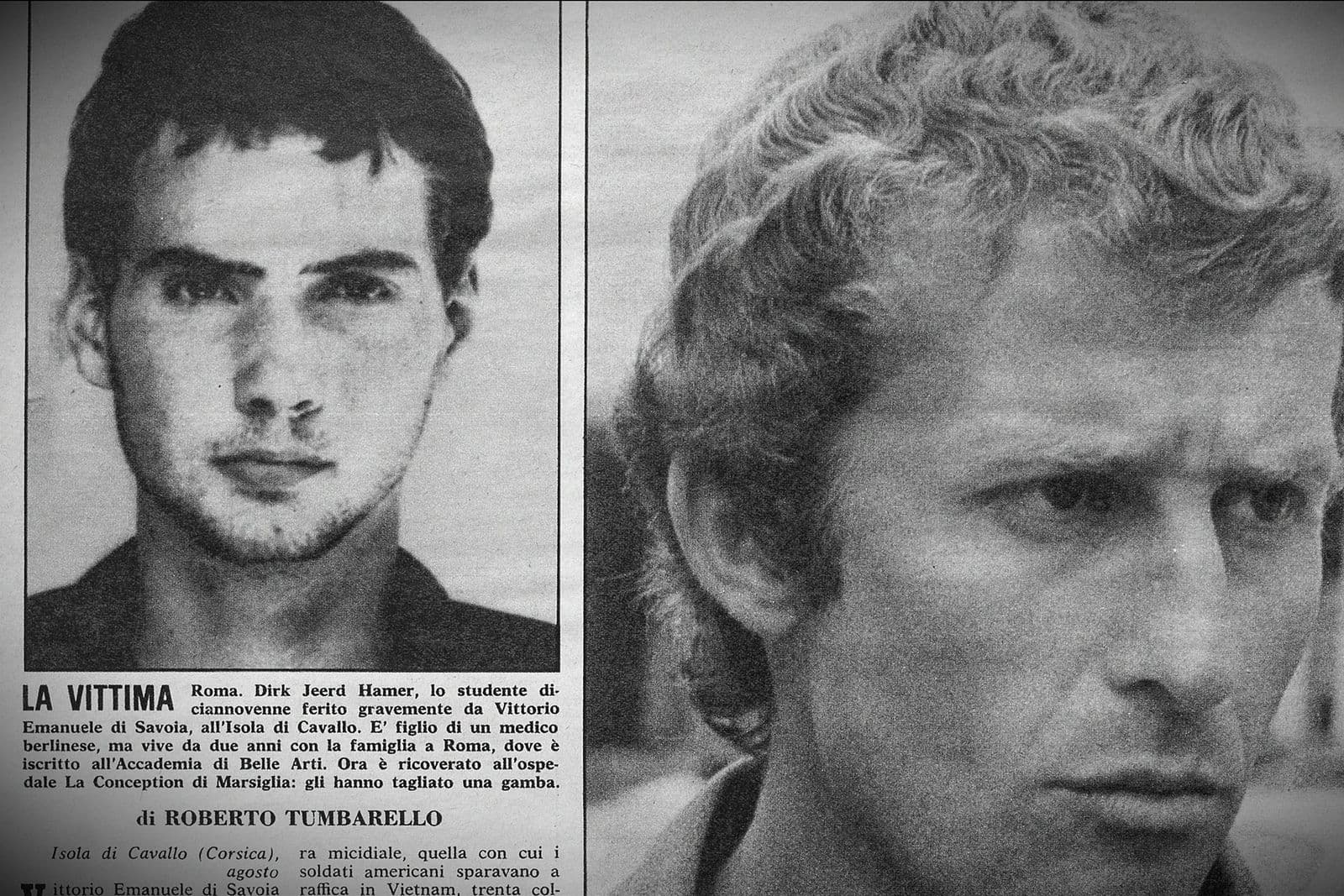Netflix Documentary Reignites Debate Over 1978 Dirk Hamer Shooting Involving Vittorio Emanuele of Savoy

A recent tweet by "vittorio" stating, "It could have been your daughter," has drawn renewed attention to the controversial 1978 shooting incident involving Prince Vittorio Emanuele of Savoy and the subsequent death of 19-year-old German Dirk Hamer. The poignant social media post comes as the Netflix documentary "The King Who Never Was," directed by investigative reporter Beatrice Borromeo Casiraghi, re-examines the decades-old tragedy and its enduring impact. The incident occurred on August 17, 1978, off the island of Cavallo, Corsica. Prince Vittorio Emanuele, incensed by youths using his dinghy, fired a gun, with one shot fatally wounding Dirk Hamer, who was asleep on a nearby boat. Hamer died months later from his injuries, while the prince maintained he fired only to scare the individuals and that the shot was accidental. The legal aftermath spanned years, culminating in a 1991 trial in Paris where Vittorio Emanuele was acquitted of fatal wounding and unintentional homicide, though found guilty of unauthorized possession of a military weapon. Controversy intensified in 2006 when a leaked recording allegedly captured the prince admitting to having "fooled the judge" in the Hamer case, an admission he later denied, claiming the video was altered. Beatrice Borromeo Casiraghi, whose mother was best friends with Dirk Hamer's sister, Birgit Hamer, has extensively investigated the case. Her work, including breaking the story of the alleged confession in 2011, forms the basis of "The King Who Never Was." Casiraghi aimed to tell the story "without feeling like I had to avenge anyone," seeking to show the "ripple effect that goes everywhere" from such a tragedy. The Netflix series, featuring interviews with key figures including Vittorio Emanuele himself and previously silent witnesses, seeks to provide new perspectives and potentially bring closure to those affected. Casiraghi expressed hope that the documentary would allow many involved to "speak freely" and ultimately bring a sense of resolution to the long-unsettled case.